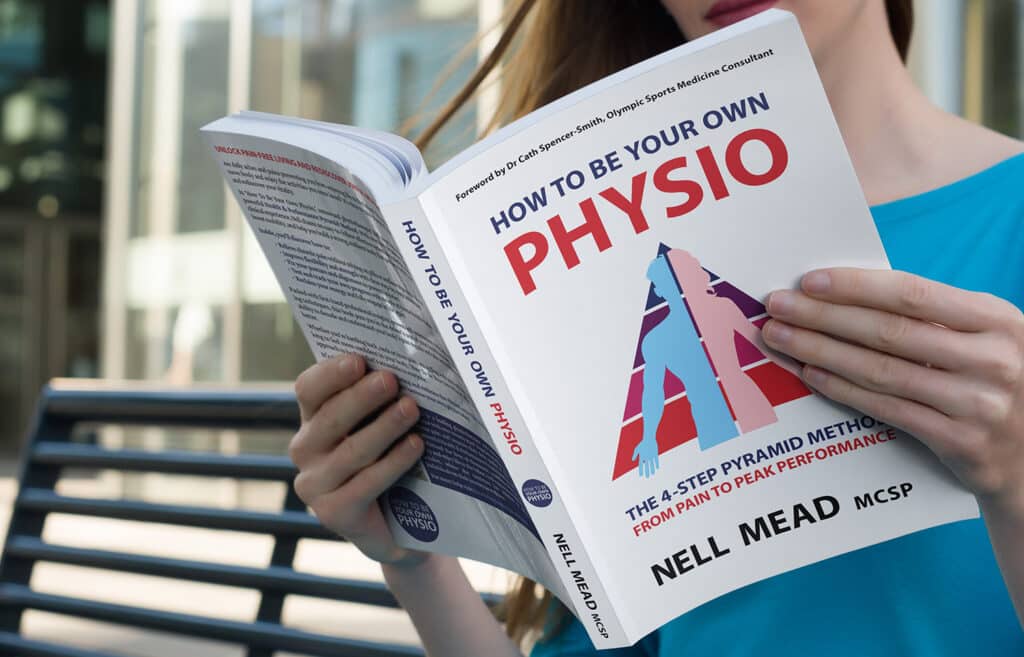As I recently wrote, stress is becoming a 21st century epidemic – and nearly every day at my practice, i see and treat people whose stress levels are poorly controlled, leading to anxiety, poor sleeping patterns, injury and illness. But did you know that stress by itself is not necessarily a ‘bad’ thing? Today, we explore the science behind the stress hormones adrenaline, noradrenaline and cortisol, and look at when they are useful – and when they are detrimental to our health.
A certain amount of stress is actually vital to our survival. If we didn’t feel it, then we wouldn’t react to danger: we wouldn’t get out of the way of a speeding car, or fight back if someone tried to mug us – or even get up in the morning and do anything useful, because stress can be energising and motivating.
Without the ability to feel stress, humankind wouldn’t have survived. Our cavemen ancestors, for example, used the onset of stress to alert them to a potential danger, such as a sabre-toothed tiger.
Through the release of hormones such as adrenaline, cortisol and noradrenaline, our caveman ancestors gained a rush of energy, which prepared them to either fight the tiger or run away. That heart pounding, fast breathing sensation is the adrenaline; as well as a boost of energy, it enables us to focus our attention so we can quickly respond to the situation.
In the modern world, the ‘fight or flight’ mode can still help us survive dangerous situations, such as reacting swiftly to a person running in front of our car by slamming on the brakes.
Let’s have a look at what hormones are released when stressed.
Adrenaline is a hormone produced in the medulla of the adrenal glands and in some neurons of the central nervous system. From there, it gets released into the bloodstream. Adrenaline has many different actions depending on the type of cells it is acting upon, but its main purpose is to prepare the body for the ‘fight or flight’ response in times of stress, ie, for vigorous and/or sudden action.
The main things adrenaline does are:
- Increases the heart rate
- Increases blood pressure
- Expands the air passages of the lungs
- Enlarges the pupil in the eye
- Redistributes blood to the muscles and altering the body’s metabolism, so as to maximise blood glucose levels (primarily for the brain).
Adrenaline is mainly released in response to stressful events to prepare the body for the ‘fight or flight’ response. Stressful events lead to the activation of nerves connected to the adrenal glands, which trigger the secretion of adrenaline and thus increase the levels of adrenaline in the blood. This process happens relatively quickly, within 2 to 3 minutes of the stressful event being encountered. When the stressful situation ends, the nerve impulses to the adrenal glands are lowered, meaning that the adrenal glands stop producing adrenaline. Thus, adrenaline is the hormone of acute, temporary stress, and helps us to survive.
Noradrenaline is produced in the brain by closely packed brain cell neurons. Inside the brain, it acts as a neurotransmitter in the pons. Outside the brain, it’s used as a neurotransmitter near the spinal cord and abdomen, and its’ also released directly into the bloodstream by the adrenal glands. Like adrenaline, its job is to mobilise the brain and body for action and is part of the fight or flight response. In the brain, it increases arousal and alertness, promotes vigilance, focuses attention; and it increases restlessness and anxiety. In the body, it increases the heart rate and blood pressure, increases blood flow to the muscles, reduces blood flow to the digestive system and prevents you from emptying your bladder.
Cortisol. Stress also stimulates the release of cortisol from the adrenal glands. Cortisol is more important in altering the body’s metabolism (ie, raising plasma glucose) under conditions of longer-term, ongoing (chronic), rather than acute, stress.
It takes a little more time — minutes, rather than seconds — for you to feel the effects of cortisol in the face of stress, because the release of this hormone takes a multi-step process involving two additional minor hormones.
First, the part of the brain called the amygdala has to recognize a threat. It then sends a message to the part of the brain called the hypothalamus, which releases corticotropin-releasing hormone (CRH). CRH then tells the pituitary gland to release adrenocorticotropic hormone (ACTH), which tells the adrenal glands to produce cortisol. Whew!
In survival mode, raised cortisol levels can be life saving. It helps to maintain fluid balance and blood pressure, while regulating some body functions that aren’t crucial in the moment, like reproductive drive, immunity, digestion and growth.
However, in everyday situations, you’re trying to live rather than survive, so your cortisol levels should be low. However, if you are suffering from chronic stress, your cortisol levels will be higher than they should be. And chronically raised cortisol levels lead to a chronically raised blood sugar level – and that is why chronic stress is so detrimental, because high blood sugar is a factor in many types of illness including diabetes and heart disease; and over time it also reduces the quality of your bones, muscles and ligaments, thus leaving you more susceptible to injury.
How are you doing? If you’re a fan of the science, then I reckon you’ll like our online yoga course, Yoga for Stressed People. We explore the science and the evidence behind stress, and how you can positively affect it using neuroplasticity, via the medium of yoga which has been shown to alter hormone activity. And until the end of January 2018, you can use the discount code EARLYBIRD to get a massive 75% off the full price! So don’t hang around – just click here to sign up.







